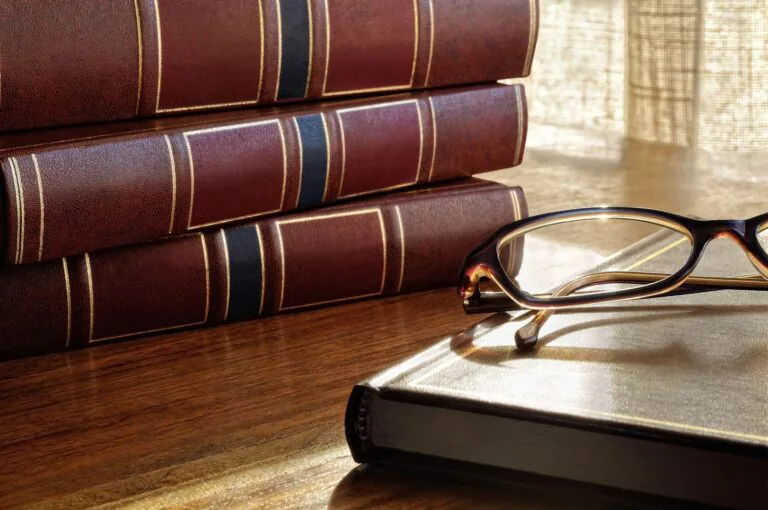Grand Jury immunity is sometimes conferred to individuals that testify before the Grand Jury. Whether Grand Jury immunity is conferred depends on the status of the individual who is testifying before the Grand Jury. That is to say, whether you are a witness or a defendant (or someone who is the target of the Grand Jury investigation) will determine whether you will receive Grand Jury immunity in the State of New York.
What is Grand Jury?
Grand Jury is a secret proceeding during which the prosecutor presents evidence and the members of the Grand Jury decide if there is reasonable cause to believe and sufficient evidence to charge an individual with a crime. Grand Jury proceedings only apply to felony charges. Those are charges that are punishable by 1 year or more in jail.
Grand Jury consists of 23 members who hear evidence presented by the prosecutor’s office and decide if there is reasonable cause to believe and sufficient evidence to charge someone with a crime. In order to return an indictment against someone, 12 or more jurors must agree that enough evidence exists to charge someone with a crime.
What is Grand Jury Immunity?
In order to encourage witnesses to testify before the Grand Jury, New York offers what’s called Grand Jury transactional immunity. Individuals who receive Grand Jury transactional immunity can never be prosecuted for any crime that is the subject of their Grand Jury testimony.
Example of Grand Jury Transactional Immunity
For example, let’s say individual A and individual B were involved in a fight, in which individual A punched individual B (misdemeanor) and individual B pulled out a gun and shot individual A in the foot (felony). When individual B’s case is going into the Grand Jury, the prosecutor will need individual A to testify to what happened. Since individual A committed a misdemeanor assault, by putting individual A in the Grand Jury, the prosecutor will confer transactional immunity to individual A. That means, after individual A testifies in the Grad Jury, s/he cannot be prosecuted for misdemeanor assault of individual B.
What Statute Governs Grand Jury Immunity?
New York’s Grand Jury Immunity is governed by CPL Section 190.40. Under that statute, all witnesses who testify before the Grand Jury
Who is Entitled for Grand Jury Immunity?
Under CPL Section 190.40, a person who testifies before the Grand Jury and provides testimony that is responsive to the prosecutor’s questioning will receive what’s called transactional immunity. Transactional Immunity is immunity that prevents the witness from being prosecuted with regard to the inquiry of the Grand Jury so long as the testimony that they provide is responsive to the questioning of the prosecutor in the Grand Jury.
Exceptions to Receiving Grand Jury Immunity
There are three exceptions to receiving transactional immunity in a New York State Grand Jury. Specifically, they are:
- Testifying under a Grand Jury Immunity Waiver. This usually applies to defendants, or targets of the Grand Jury inquiry.
- Providing testimony that is not responsive to the questioning by the District Attorney in the Grand Jury. For example, if the district attorney is questioning you about having your home burglarized and you casually mention that you have been committing insurance fraud will not grant you transactional immunity. That is because the answer is not responsive to the questioning or the inquiry of the Grand Jury.
- Providing documents i.e. papers, books, records or other physical evidence in response to a Grand Jury inquiry. Unless there is testimony before the Grand Jury, transactional immunity will not be granted for providing the records alone.
Do I Need a Lawyer for Grand Jury Testimony?
Generally speaking, most people who testify before the Grand Jury do so without the benefit of counsel. However, in the event you are worried about criminal exposure for the matter before the Grand Jury or for an unrelated matter, it would be prudent to consult an attorney. We have represented dozens of Grand Jury witnesses on document productions, testimony before the Grand Jury and meetings with law enforcement.
Conclusion
If you have questions on transactional immunity or need an attorney to represent you for your Grand Jury testimony or a production of documents in response to a Grand Jury subpoena, contact us today to schedule you initial consultation.


